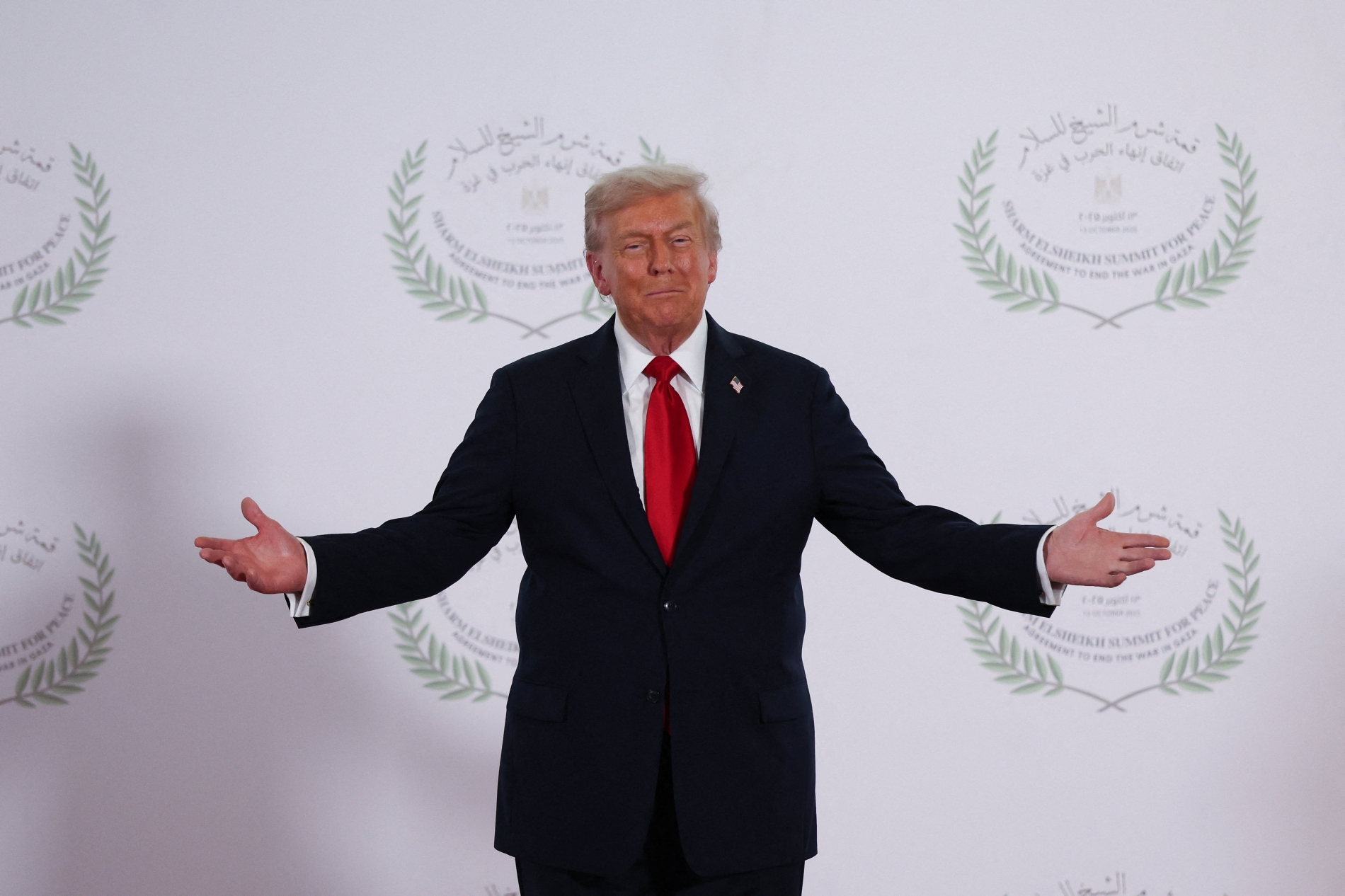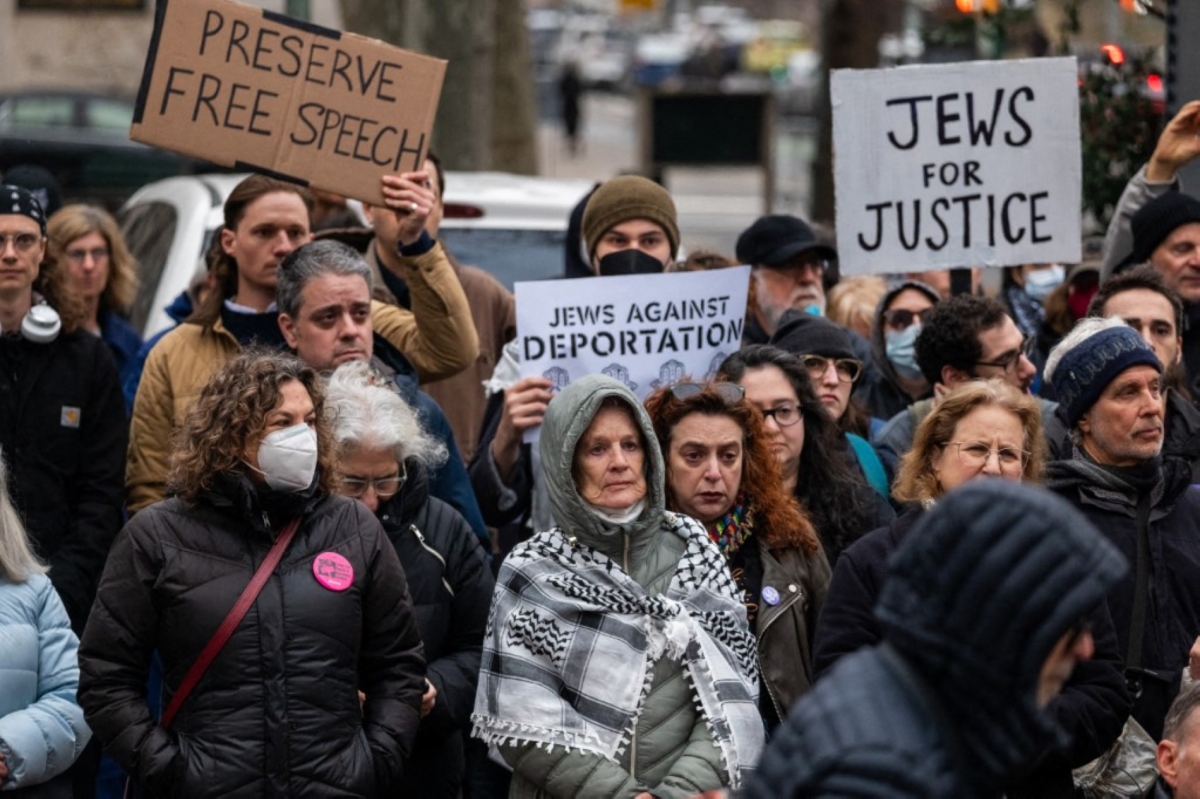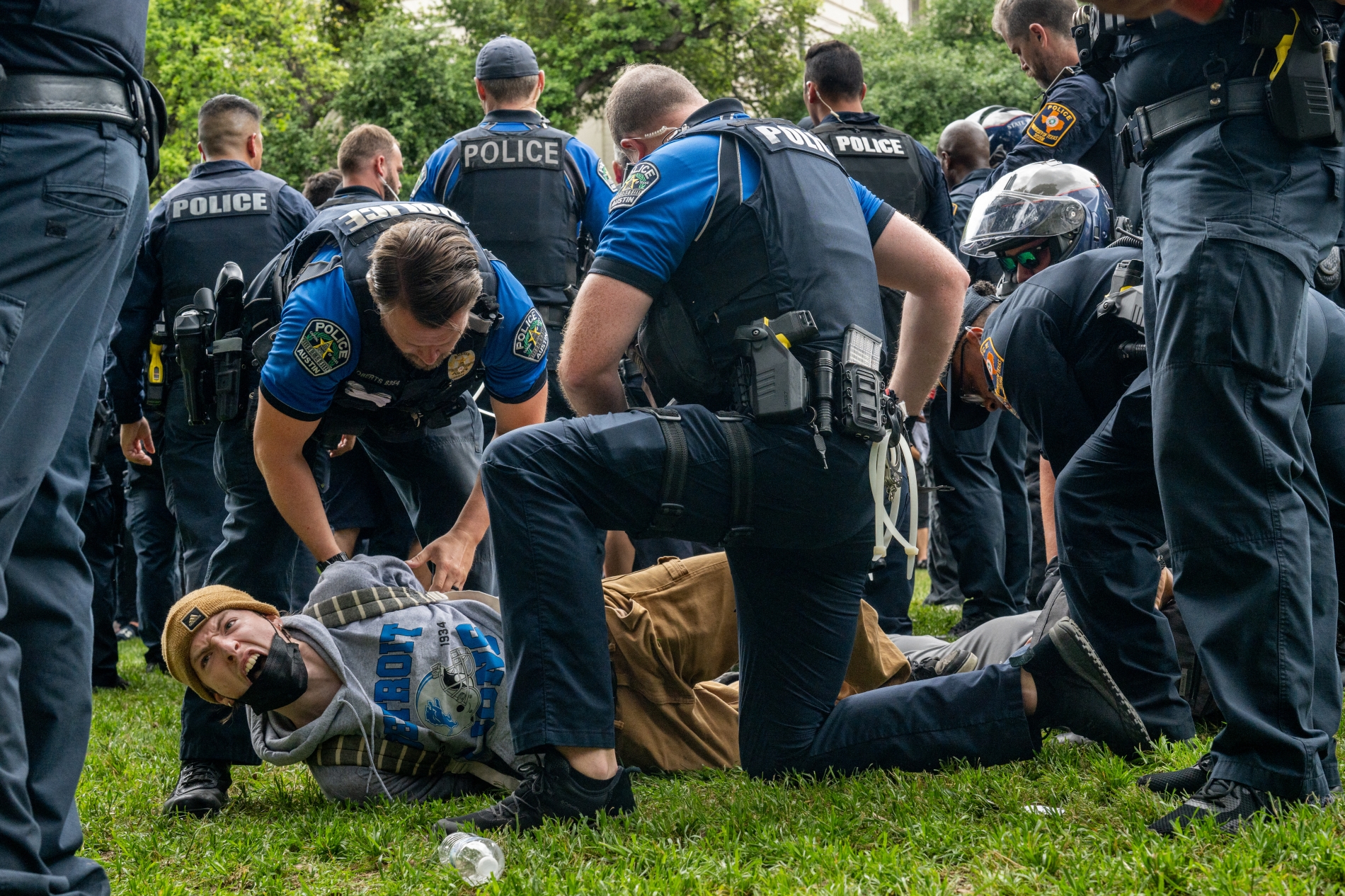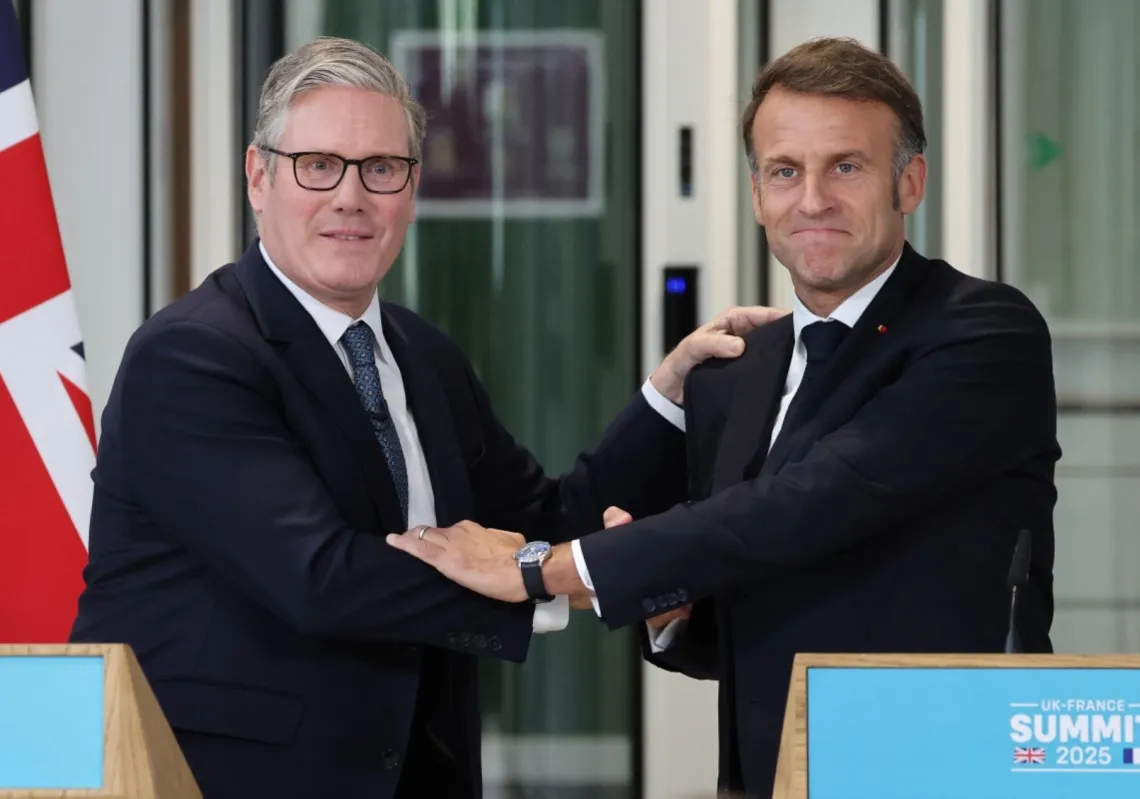The Gaza Peace Summit, held in Sharm El-Sheikh on 13 October, appears to be a moment of Western triumph. Leaders from 26 states, and representatives from an additional five, gathered to support the Gaza ceasefire deal and pay tribute to Donald Trump for securing its passage. Although Egypt co-hosted it, the US president held court, as prime ministers and presidents from most Middle Eastern and European governments lined up to offer praise.
Yet while this might be Donald Trump's moment—and all gathered were pleased that the Gaza war appears to be over finally—other Western leaders might reflect that they emerge two years on from the October 7 attacks in a weaker position. Despite the success of Donald Trump, the Gaza war and its fallout at home and abroad have damaged the West as a whole.
"I know a lot of people don't agree with me, but I am the only one that matters," stated Trump at the Peace Summit, perhaps underlining the extent of his seeming dominance of the world stage after securing October's ceasefire deal.
Ostensibly, he has reasons to feel confident. Unlike his predecessor, Joe Biden, who laboured for months to push Israel and Hamas into a lasting ceasefire, with his one success broken by Benjamin Netanyahu in March, Trump appears to have leaned sufficiently on all parties. As has been widely reported, Trump hopes his efforts will result in the Nobel Peace Prize he covets next year.

But beyond Trump's personal glory, the ceasefire brings other seeming Western gains. Ending the conflict will save lives, stabilise the Middle East, and reduce pressure on Western leaders from their publics to do more.
Secondly, geostrategically, the exclusion of Russia and China from Sinai appeared to point to a renewed effort by Washington to lead in the Middle East, at Moscow and Beijing's expense. Indeed, Russian President Vladimir Putin had the humiliating experience of cancelling his plans to host a Russia-Arab World summit that was scheduled at the same time as the Sinai gathering.
Moreover, the ceasefire is a strategic victory for Trump's ally, Israel. While Netanyahu has not achieved his stated goal of destroying Hamas, he has secured the release of all the remaining hostages. Though his right-wing coalition allies' radical dreams of resettling Gaza appear not to have been realised, the long-term Israeli security goal of the territory being Hamas-free is a core component of the peace plan.
What's more, the creation of an International Stabilisation Force (ISF) to administer Gaza outsources for Israel the security for the strip to a friendly external player—a marked improvement on the past 18 years.















